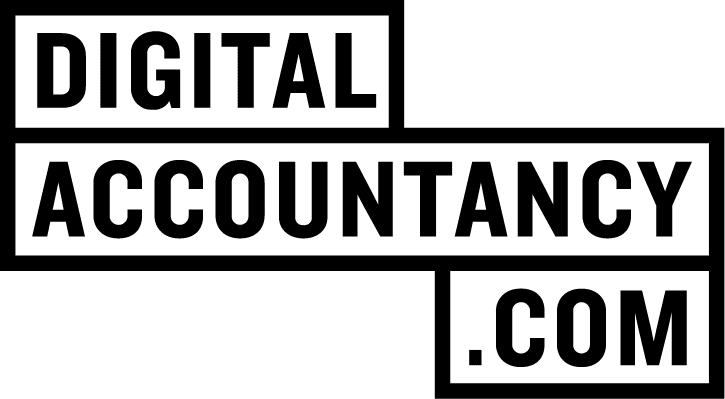Michael Green, Director of Partnerships at Xero, takes the time to discuss the future of FinTech, how to tackle open banking and the rise of super apps. He is joined by Julie Ashmore, CEO at Natwest Rapid Cash, Sinead Mchale, CEO at Satago, and Ghela Boskovich, Regional Director Of Europe Fdata.
Panellists include:
- Michael Green, Director of Partnerships at Xero
- Julie Ashmore, CEO at Natwest Rapid Cash
- Sinead Mchale, CEO at Satago
- Ghela Boskovich, Regional Director Of Europe Fdata
Read on to learn how these market leaders undertake strategies to tackle potential roadblocks in the future of FinTech and offer their unique perspectives on the future of FinTech.
Three Top Takeaways:
Takeaway 1: The recent driving forces that have led to the advancement of FinTech
Initially, innovation occurred as tech-based companies attempted to enter the financial services sector.
However, in recent years, there has been a significant increase in new tech companies partnering with legacy banking companies. These partnerships are excellent for progress, as they bring the innovation from tech thinking companies and the brand awareness and large budgets of well-established banks.
The initial thought was that tech companies would dominate alone, but they have quickly realised that the best option is to create a partnership.
Another significant driving force is how we have changed the way we view data. Once data started getting viewed as customer property and not the property of the bank, this led to significant innovation and development in FinTech.
Some of these innovations were led by market demand. In the US, they wanted more control over data, and regulatory demand, whereas GDPR in Europe forced companies to think this way.
Takeaway 2: The Success of Open Banking
It is no secret that open banking has become a significant success. Such is its seamless transition in everyday life that it is rarely mentioned anymore.
One of the reasons it works so well is because many people use a third-party provider; they’re just not aware of it.
“Open Banking is so successful because we have built such a strong infrastructure, especially in the UK”, says Ghela Boskovich.
FinTech is also going beyond just open banking. They are also looking at pensions, investment, savings, credit, and lending, not just payment. That idea expands even further into an open data economy, which is already underway in the UK.
In truth, everyday people are not bothered about the regulatory forces driving open banking. Their priority is how easily and quickly they can access and move their money, which is what Fintech is trying to provide.
Takeaway 3: Areas within Fintech to look out for over the coming years
As Michael Green explains, FinTech has never been more popular with Britons. “86% of Britons have used a Fintech-related app in the last 12 months”, states Michael Green.
With this significant use of FinTech in everyday life, it is no surprise that FinTech is likely to infiltrate even more of our daily lives.
One example of this is embedded finance. Embedded finance could be a major factor in the coming years, not just for lending but for other aspects such as insurance.
As Sinead Mchale explains, the principle here is that the end user will have the ability to access early lending or the ability to insure against an invoice and other trade finance features.
“Embedded finance as a sector could be worth 30 trillion dollars by 2030” Sinead Mchale.
Another advancement that is due imminently is variable recurring payments. Variable recurring payments can be used to shift the burden from small businesses. They are similar to subscription payments. You sign up saying you will pay back a certain amount per month for a certain amount of months.
This system went live this month, with all nine big banks legally required to offer it.
Takeaway 4: How to use FinTech to benefit your business and clients
All the panellists agree that the world of FinTech is rapidly evolving and shows no signs of slowing down. As Julie Ashmore states, getting yourself to these sorts of events is essential to stay up to date with what is going on in the market.
Sinead Mchale also recommends focusing your time and effort on the data you have access to. Focus on your customer base and ask yourself how you can serve them better. Perhaps you could integrate a system where several financial apps all feed into one overall worksheet, which will make it easier to support your clients with fast-paced, immediate support.
“Anything Accountants can do to support small businesses by using the apps out there to leverage that data but to do it in such a streamlined way that you can offer real-time advice to clients because that is what they need”, Sinead Mchale.
Ghela Boskovich suggests accessing variable recurring payments as soon as possible to help shift the burden from small businesses.
“If you have a clad accounting provider, the best thing you can do is to petition them to provide variable recurring payments or partner with someone who does.”
Finally, all the panellists agreed that one simple step you could take would be to follow FinTech on Instagram for quick and easy updates and insights into market-leading approaches.
Watch it for free
Watch the full, on-demand session for free here.







